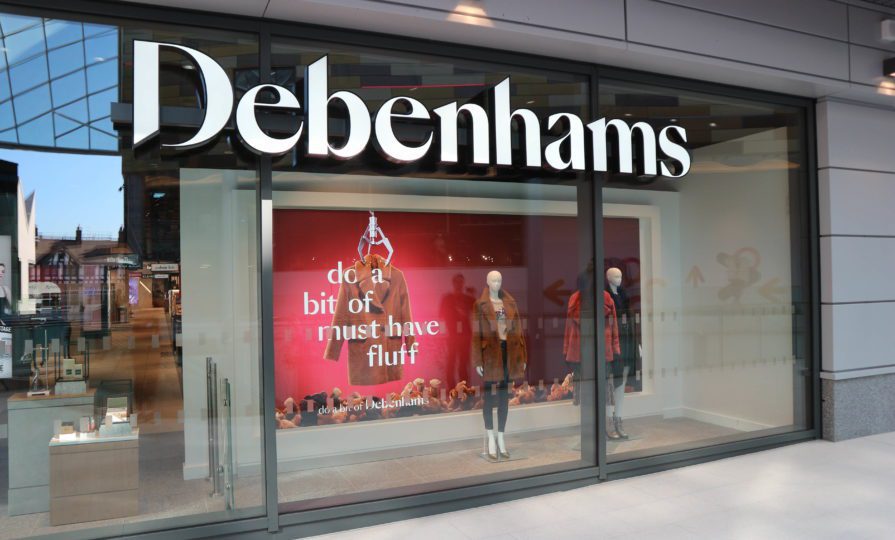ASA bans Debenhams advert after ‘misleading’ 60% off claim
Because ASA had not seen evidence that those products were available at the advertised promotional discount, it considered the use of the claim alongside those product images as ‘misleading’.

Register to get 1 free article
Reveal the article below by registering for our email newsletter.
Want unlimited access? View Plans
Already have an account? Sign in
The Advertising Standards Authority (ASA) has banned a Debenhams advert for “misleading” customers about a “60% off” claim.
On 9 March 2024, a paid-for Facebook ad for Debenhams featured text that stated “Step into Spring with up to 60% off fashion, home and beauty at Debenhams”. Below, a carousel of images featuring different products were shown next to text stating “up to 60% off” and a “Shop now” link.
The ASA considered that the advert was misleading as consumers would understand that those products featured in the ad were explicitly included in the promotion, and would therefore be discounted by up to 60%.
It further stated that it did not receive the pricing history for any of the products from Debenhams and, therefore, could not determine the usual selling price of the products featured in the ad.
However, it noted that in screenshots of the three product listings shared by the complainant at the time the ad was seen, only one of the three product listings appeared to have a promotional price applied.
This was demonstrated by a crossed-out reference price, alongside a lower promotional price, and the text “Save 60%”. The other two product listings included no such information and presented only one price, with no indication of having been reduced in price.
Because ASA had not seen evidence that those products were available at the advertised promotional discount, it considered the use of the claim alongside those product images as “misleading”.
Additionally, whilst ASA acknowledged that the promotion appeared to have been applied to one of the products featured in the ad, because Debenhams had not provided any sales data to verify that the product had been sold at the advertised higher reference price, it was unable to determine the price at which the product was generally sold.
As a result, ASA considered Debenhams had not demonstrated that the savings claim represented a genuine saving against the usual selling price of the item.
In response to the ban, Debenhams explained that third-party suppliers decided whether to participate in a promotion, and as such, it was beyond its control if those partners chose to exclude certain products from a Debenhams promotion.
Moreover, because the products featured were from third-party suppliers, who controlled their own pricing due to legal reasons, Debenhams said it was unable to obtain the relevant sales data.
According to ASA, the ad breached CAP Code (Edition 12) rules 3.1 (Misleading advertising), 3.7 (Substantiation) and 3.17 (prices).
Since the complaint had been made, Debenhams said that the relevant team had been notified of the complaint and its internal processes had been revised to ensure future compliance with the CAP Code.







